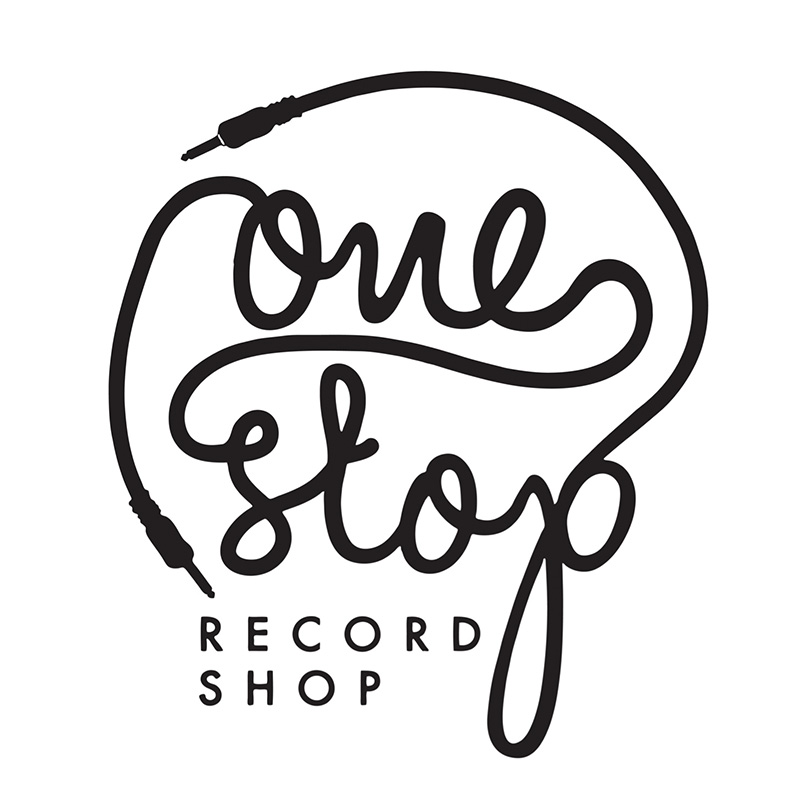“I first met Julian Casablancas at boarding school in Switzerland at the age of 13. Years later, I ran into him in New York when I moved into a place near where he was working and, two weeks later, we were sharing a flat.” states lead guitarist Albert Hammond Jr in a matter-of-fact way to The Guardian regarding his first run-ins with the now infamous Strokes singer.
Becoming the final addition to the bands line-up, Hammond may have looked the part but guitar lessons were certainly still on the cards. With Casablancas penning the band’s debut EP Modern Age, Hammond had some catching up to do. “He’d be like: ‘It’s D to G. Yeah, kinda like that, but you’re holding the chord wrong.’ It took time – but it was magical.” he reminisces.
The Strokes dedicated 1998 to rehearsals and the fine-tuning of their sound, before finally taking to a live stage as a five piece.
“Before our first gig, we were so nervous we went to see the Eddie Murphy film Bowfinger, hoping it would calm us down.”
Soon after, the band crossed paths with aspiring producer Gordon Raphael who was looking to record bands in his studio. “One night I went to a free gig and the first band, Come On, were jawdropping. I thought the second act, The Strokes, were a bit too stylish and pleased with themselves.” remarks Raphael, “But I gave them both my card. The Strokes called me back. I never heard from Come On.”
“We recorded three songs, “The Modern Age”, “Last Nite” and “Barely Legal”. Someone at Rough Trade in London got hold of it, and my little demo made NME single of the week.”
Gordon Raphael’s recordings began to open doors for the band, with career changing opportunities emerging at every turn. “Julian took me to dinner and said Rough Trade wanted them to record an album with Gil Norton, who’d produced Pixies and Foo Fighters and sold 6m copies of every recording he’d made.” he recounts. “Julian said that if I told him I was a better producer, I could record the album. I couldn’t do that. So he stood up and said: “Fuck you. Now we have to use Gil Norton.”
“A few weeks later, he called. It hadn’t worked out with Gil. Julian said: ‘Imagine you took a time machine into the future and found a classic album from way in the past and really liked it.’ That was the sound they wanted.”
“I recorded “Is This It” with one microphone for the voice and one for the snare drum: everything minimal. It wasn’t sonically perfect, but it had some magic and emotion that was missing in the big studio stuff other bands were doing. Julian had so many ideas – and a freakishly controlled concept of rhythm and timing. Even when he’d drunk 13 beers and was asleep on the couch, one eye would open and he’d go: ‘The hi-hat’s not right.’ He was a master of the cryptic instruction. He’d say: ‘This song, can you loosen its tie a little?’ He wanted his voice to sound ‘like your favourite blue jeans – not totally destroyed, but worn-in, comfortable.’”
“While recording the album, we had a visit from the band’s new US label. They said it was crappy-sounding and unprofessional, and I was ruining Julian’s voice and killing any chance the band had of a career. It was very satisfying when the album became a modern classic.”
The Strokes will headline the British Summer Time concert in Hyde Park, London, on 18 June. For more details visit: www.bst-hydepark.com.


